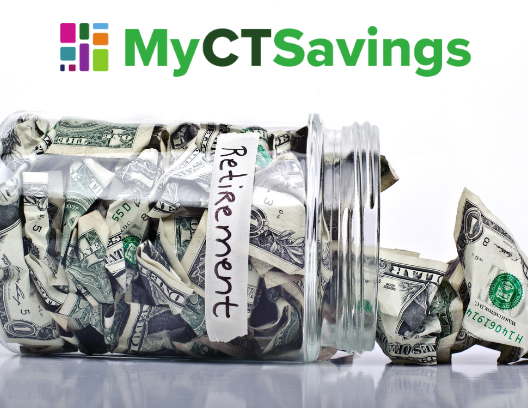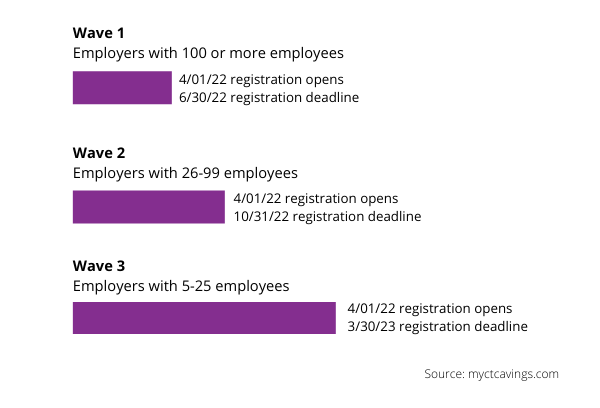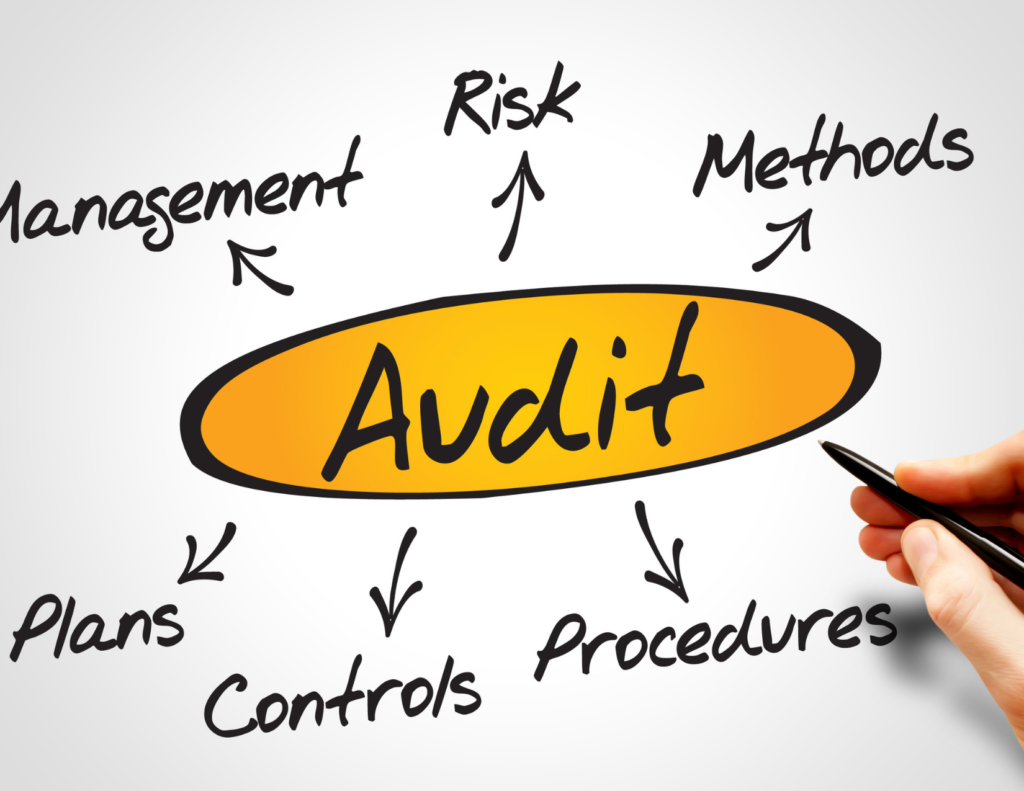The chief financial officer of a company has always had a seat at the table, but the current business environment combined with changes wrought by the pandemic make the role even more important today. CFOs, who are already dealing with the perfect storm of rising prices, higher interest rates, continuing supply chain issues and labor shortages, now must emphasize strategic planning more than ever. Building safeguards into a shifting landscape is hard, but there are ways to bring agility and flexibility to the role. Back in the old, pre-pandemic days, when things were normal, some CFOs felt comfortable just building their cash flow projections around busy seasons and slow seasons. That is no longer a viable way to build projections.
Today, CFOs need to think more strategically as they make their projections. They must think about how events are shaping results in different systems and how departments are affected by external factors such as production, supply chain issues, customer creditworthiness and buying patterns. What’s more, they need access to this information in real time so that company leaders can be agile and flexible as they respond to changes. Once the information is gathered, the CFO must use it to project data-driven cash flows in different “what if” scenarios based on understanding, for example:
- The business and the business strategy.
- Industry trends.
- Supply and distribution issues.
- Labor shortages.
- Loans and other credit issues.
And the scenario-planning process needs to be ongoing, with CFOs consistently monitoring core financial and operational data. Fortunately, many enterprise systems allow information to be shared across the business’s functional levels and management hierarchies. Unfortunately, some key measures CFOs use to create scenarios are now in flux, changing the data points CFOs need to collaborate on with other C-suite executives as well as IT to get a clear picture of which financial and operational data points need to be measured and how the information can be gathered. (Part of this process is the relatively new responsibility of ensuring that the company has the right systems in place to report the information the CFO and other leaders require.) The scenario-building process has four main components:
- Determine what needs to be monitored. This means analyzing the company’s historical data for a specific time period and assessing which variables drove change.
- Brainstorm with the team (C-suite plus IT). This part of the process drills down to determine the company’s competitive advantages and disadvantages during the time period being reviewed. In all likelihood, there will be many items in each column. The team, under the CFO’s guidance, should narrow down the list to the most critical two or three items, which become the data points included in the scenarios.
- Create the scenarios. Each scenario should be designed to assess the likelihood of its potential success or failure. For example, the scenarios should be built around situations such as:
- What would happen to the company if there were a positive or negative fluctuation in demand.
- What would happen if inflation continued or there is a recession.
- What would happen if the labor shortage worsened or gets better.
- What would happen if the company had difficulty getting the funding it needs.
- Make decisions and monitor. The team relies on the scenario closest to reality when decisions are being made. The results are then monitored in real time so the team can adapt and adjust to any changes.
CFOs’ positions have changed from number crunchers to strategic partners, which means they must be proactive about, for example, what data points they monitor and measure and how they build their scenarios and make their projections. If you need to tap into this level of knowledge and experience but cannot add a full-time resource to your payroll, consider Outsourced CFO Services form CironeFriedberg. Learn more about our services and how they can help you make more informed business decisions.
If you need assistance or have any questions on the information in this article, please call your CironeFriedberg professional. You can reach us by phone at (203) 798-2721 (Bethel), (203) 366-5876 (Shelton), or (203) 359-1100 (Stamford) or email us at info@cironefriedberg.com.










